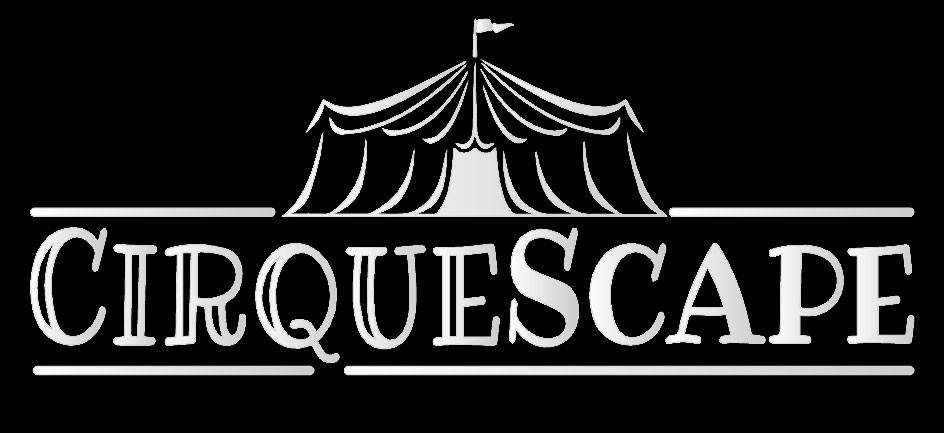
Photo shared with kind permission of Cirkidz
Circus is good for your health!
We knew it! The amazing folks at Cirkidz have teamed up with the University of South Australia to have a look at the mental health benefits of circus skills, and the results are pretty impressive.
Their research shows that participation in a circus arts program led to improvement across four key areas concerning children’s mental health and well-being:-
-
- stress relief;
- self-esteem;
- confidence; and
- socialisation.
Physical vs social benefits
The physical benefits of circus skills classes are well recognised; increased strength and coordination are a natural byproduct of being active. But being part of a circus community is quite a different experience to being involved in more mainstream competitive sports. The focus on problem solving and creativity in circus skills encourages children to think outside the box and value their individuality.
Life skills
The Cirkidz study focuses on how experiences during childhood shape our futures. Our early experiences should create a foundation for positive mental and social development. The skills that children learn in circus school go way beyond the physical acts of balance and strength that you see; they are encouraged to work as a team, support each other, take inspiration from each other and respect each other.
While this sounds no different to many team sports children might participate in, a huge difference is the fact that children can succeed as a soloist or as part of a team in circus skills, and there is never any need to announce winners or losers. This allows circus students to focus on their own progress and celebrate their own successes based on how they feel about themselves and their efforts, rather than their sense of achievement being intrinsically linked to a ranking system.
Social return
Based on their findings, the University of South Australia estimated that for every one dollar invested in a circus arts programme, $7 of social return may be generated. So you’ve got nothing to lose and everything to gain by giving circus a try!
Find out more
If you want to read more about the study then head to Cirkidz‘ Facebook page, or drop them a message. Or just get yourself down to your local circus school and experience the benefits for yourself!
If you’re interested in coming to a class at CirqueScape then check out our drop-in class schedule, or feel free to contact us on info@CirqueScape.com.
We also offer termly courses for kids & teens… click here to find out more.
Want to know what life in a circus is like? Then read about our founder’s circus adventures!

